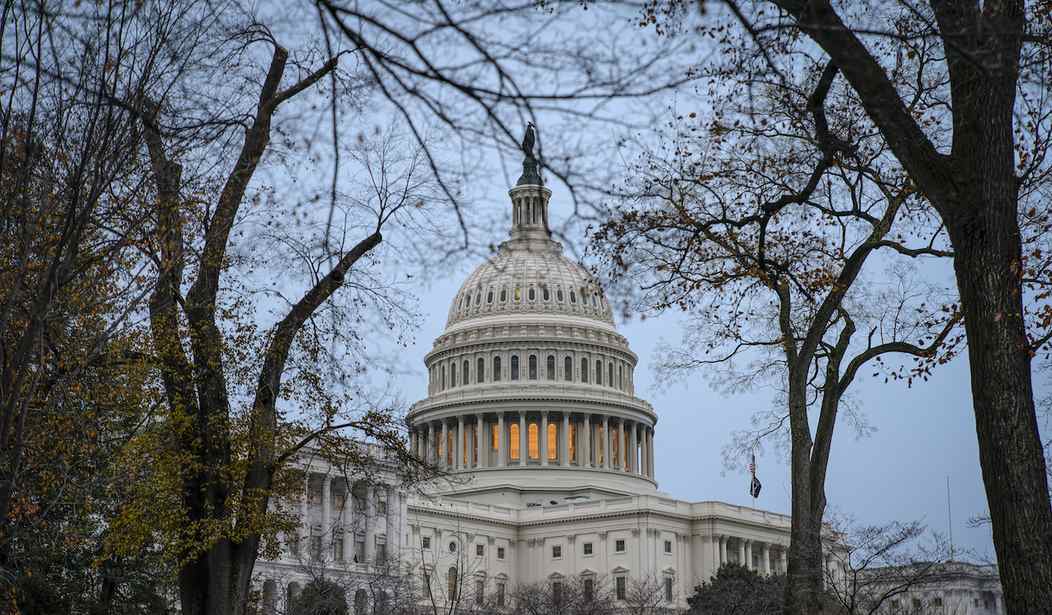Start-ups often struggle to penetrate markets which are dominated by industry giants with deeper pockets. That hurts innovation and progress.
But what if there was a way to neatly sidestep that problem?
Regulatory sandboxes represent a fantastic step forward. They provide a red tape-free bubble for certain companies to do business free of much of the regulation which would otherwise hold them down. Some rules, such as those protecting consumers (e.g. product liability) remain in place but other than that, companies are broadly given free rein to disrupt the market.
That’s a silver bullet for competition and innovation.
The problem regulators face is balancing competing interests. On the one hand, they want to prevent monopolies. When a particular company gains too much power over their sector, it’s bad for everyone, especially consumers. On the other hand, regulators also want to allow the incumbent giants in the sector to continue doing their thing and providing for their consumers.
We don’t want Apple, for instance, to crowd out its competitors and become a monopoly in the technology industry. Regulatory sandboxes are a great way to allow smaller, newer tech start-ups – innovators and disruptors – to explore the industry, build their brand and consumer base and stoke competition.
And that doesn’t only apply to tech, of course. Regulatory sandboxes can be used in every sector, from finance to transport, to make things better for consumers by keeping prices low and fuelling innovation, so that private companies are always striving to find new ways to make our lives better.
Recommended
Regulatory sandboxes also provide a solution to the issue of regulator sluggishness. When new developments emerge like drone technology or cryptocurrency, regulators often react slowly and haphazardly thanks to the bureaucracy of centralized law-making.
The pace of innovation is always accelerating – and that is a very good thing for all of us. Have you ever considered how difficult it would be to explain modern technology to people who had never encountered it before?
How would you go about communicating to someone who lived just a couple of centuries ago that it is now possible to store an entire library’s worth of information on a tiny metal chip? The late boss of IBM, Thomas Watson, was famously thought to have said there would only ever be global demand for five computers. It is incorrigibly difficult to imagine a world so radically different to one’s own.
It should come as no surprise, then, that the cumbersome apparatus of the state struggles to keep up with innovation. Governments are necessarily instruments of bureaucracy and expecting them to understand ever-changing technological advancements deeply enough to be able to regulate them effectively is always going to be a lost cause.
It is hard to forget, for instance, the countless examples of lawmakers very publicly failing to understand the basics of how modern technology works, such as Google searches and social media. Clearly, the current system is failing us.
By providing regulatory sandboxes, new technologies can be explored in a safe, controlled environment, without the burden of having to pre-emptively regulate emerging industries and technologies.
Too often, regulators use other tools such as taxes and new regulations instead. They are often working towards laudable aims, such as preventing monopolies, but by using those outdated methods, they cause a great deal of collateral damage.
Taxes only make the end product more expensive for the consumer, which is a particularly bad idea when we’re heading into a cost-of-living crisis. Drowning new innovations and developments in red tape is actively bad for competition because it cements the position of the incumbent industry giants at the top of the food chain, since they can afford the extra costs and delays that come with clumsy regulation, but start-ups often cannot.
Plus, excessive taxes and regulations make America an unattractive prospect for investors and entrepreneurs, leading them to take their ideas – and their money – elsewhere.
So many world-changing innovations have humble beginnings. When someone is chasing the American dream by working on a new gadget in their garage which has the potential to change the way we live our lives, the role of government is to pave the path for them to success – not make their life more difficult and encourage them to waste their talent and drive.
That’s where regulatory sandboxes come in. They have a proven track record of success, such as in the insurance and legal industries in Utah, and now it is time to roll them out more widely in states across America to truly unleash the potential of the free market.
Jason Reed is the PR Manager at Young Voices and a policy analyst and political commentator for a wide range of outlets. Follow him on Twitter @JasonReed624

























Join the conversation as a VIP Member